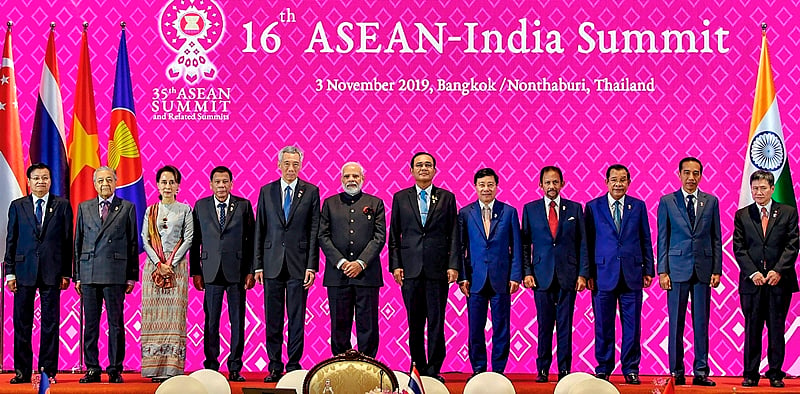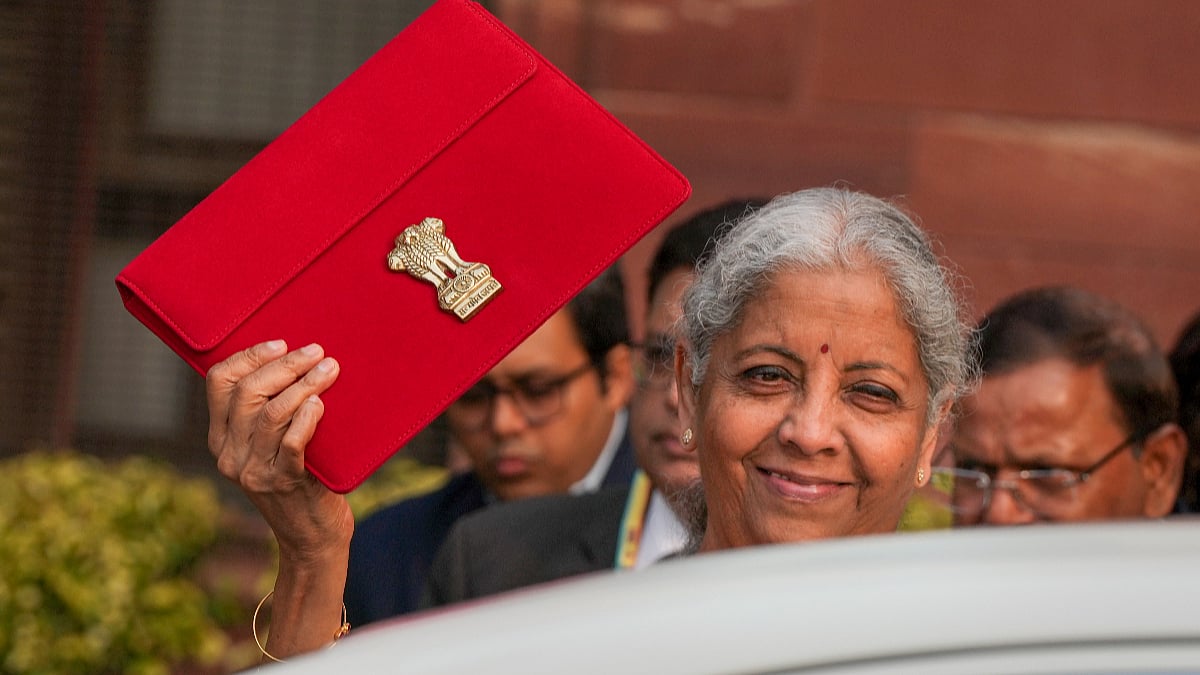The Regional Comprehensive Economic Partnership (RCEP) negotiations were launched by ASEAN leaders and the six other countries during the 21st ASEAN Summit in Phnom Penh in November 2012. The objective of launching RCEP negotiations was to achieve a modern, comprehensive, high-quality, and mutually beneficial economic partnership agreement among the ASEAN member states and its FTA partners. The RCEP is a free trade agreement between 16 countries across the Asia-Pacific region that looks to drop tariffs and duties between the members so that goods and services can flow freely between them.
With GST collections falling and unemployment rising, the government and industry are wary whether India will be able to complete in the global arena with players from China and New Zealand. The cheap milk products from Australia and New Zealand and industrial goods from China are likely to flood the Indian markets, which is further likely to affect India's growth plans.
Prime Minister Narendra Modi flew down to Bangkok on Sunday. Modi on Saturday said addressing India's concerns over "unsustainable trade deficits" remained important and that opening the vast Indian market must be matched by openings in some areas where Indian businesses can benefit.
"We have put forward reasonable proposals in a clear manner and are engaged in negotiations with sincerity. We would like to see commensurate levels of ambition on services from many of our partners, even as we are ready to address their sensitivities," Modi said in an interview to Bangkok Post newspaper.
"Overall, we are clear that a mutually beneficial RCEP, in which all sides gain reasonably, is in interests of India and of all partners in the negotiation," he said.
The US initiated the Trans Pacific Partnership which excluded China. China then initiated the RCEP which was its balancing act to counter the Trans Pacific Parnership. However, after Donald Trump took over the US Federal government in 2016, the US itself withdrew from the Trans Pacific Partnership.
According to sources, China was forcefully pushing for inking the deal during the RCEP summit, which was seen as an attempt to counter-balance the impact of its lingering trade war with the US as well as to project the region's economic might to the West.








